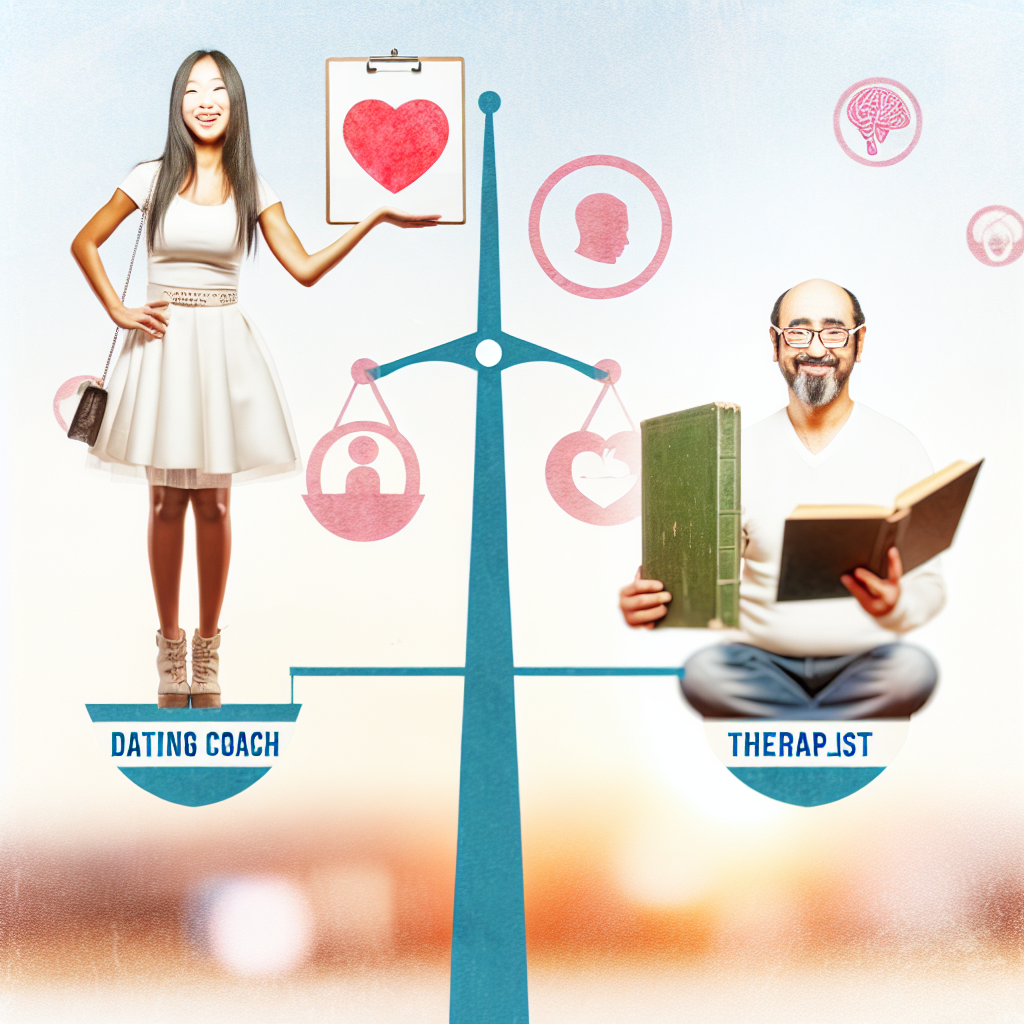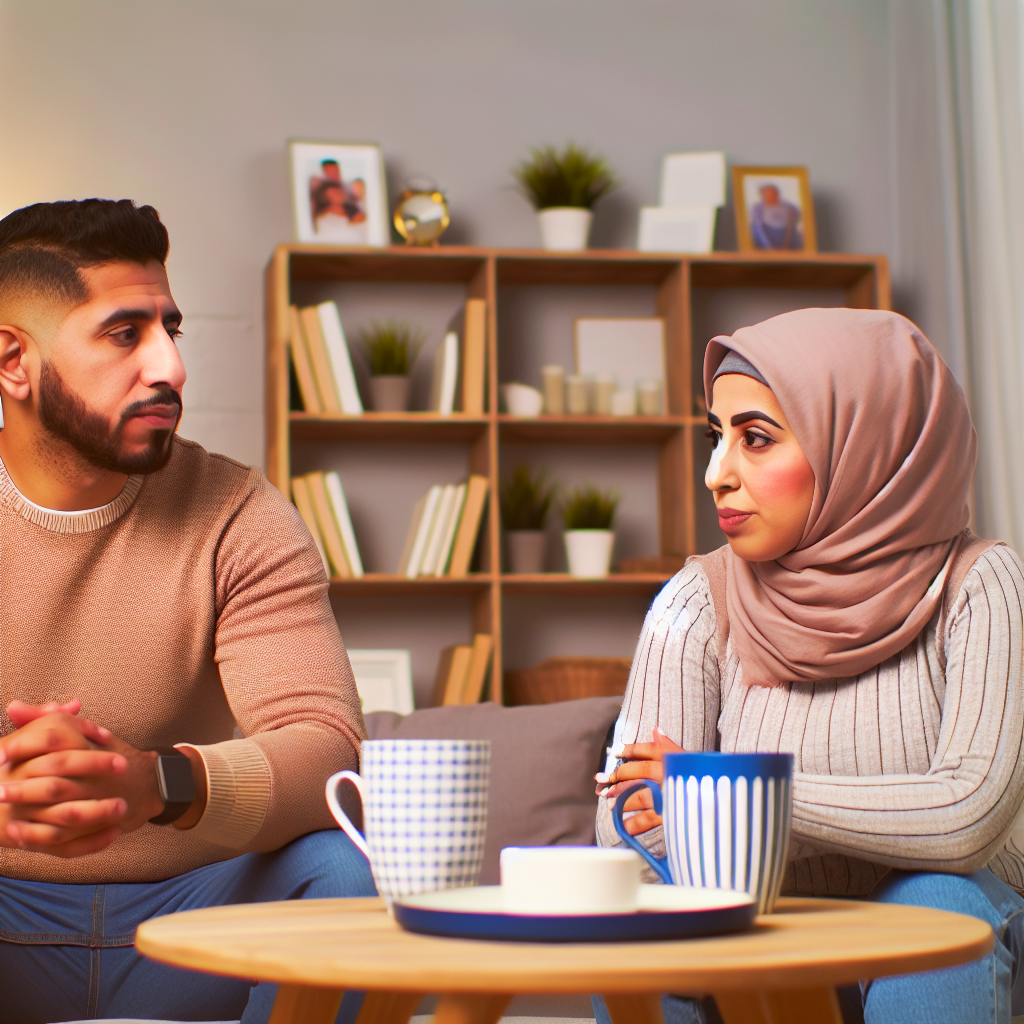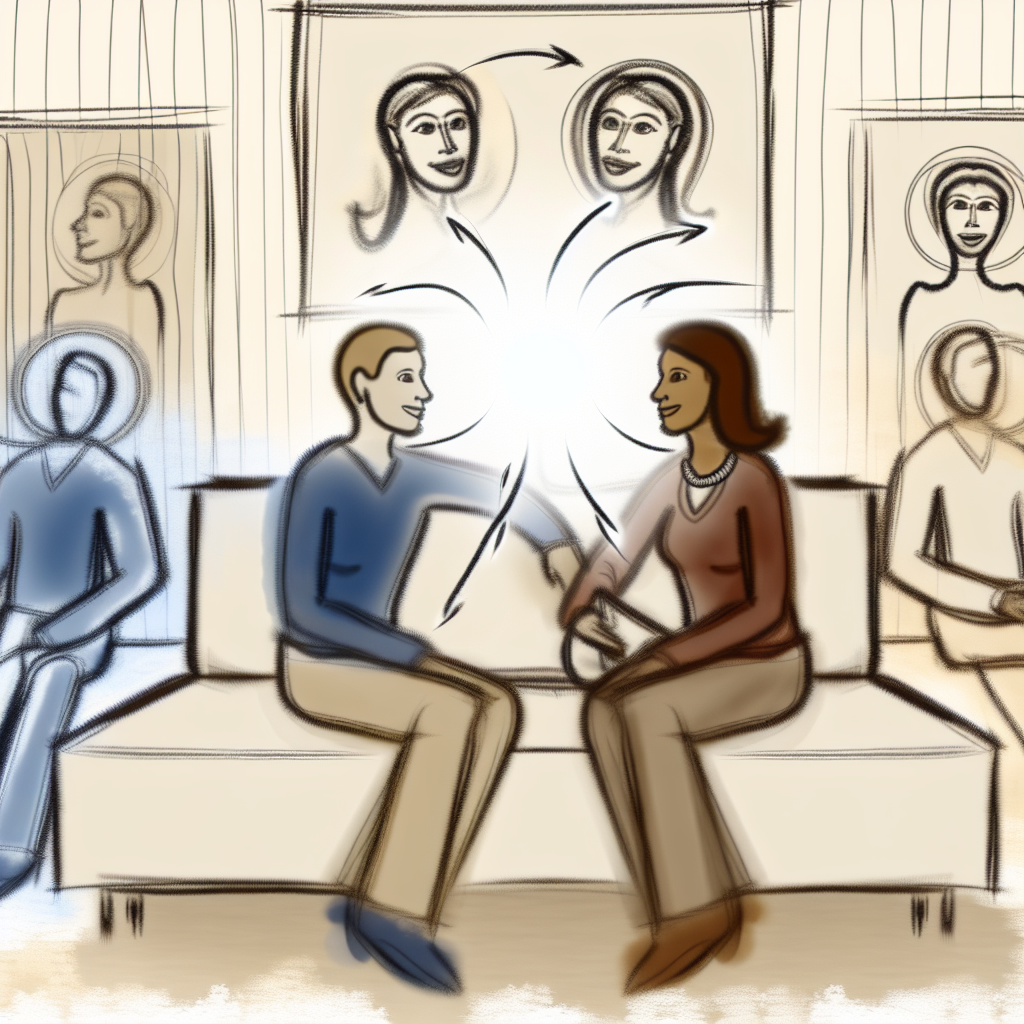Dating Coach vs Therapist: Which Professional Do You Need?
Introduction: Making Sense of Modern Love and Professional Support
In today’s fast-paced digital age, navigating the world of dating has become increasingly complex. Whether you’re an 18-year-old jumping into the dating pool for the first time, a recent divorcee redefining your romantic identity, or a seasoned single in your 70s ready for new beginnings, the search for love and connection can be both exciting and overwhelming. Swiping right, ghosting, mixed signals, and mismatched expectations are challenges that don’t discriminate by age.
As dating becomes more nuanced, many singles are turning to professionals for guidance. But here’s the critical question: should you hire a dating coach or a therapist?
Dating and relationships intersect with deep-seated emotional patterns, past experiences, attachment styles, and sometimes trauma. When romantic difficulties arise, people often face a fork in the road: Do I need emotional healing, or do I need practical dating strategies? Understanding the roles and methodologies of both dating coaches and therapists can make it much easier to choose the right professional to suit individual needs.
A dating coach typically provides actionable advice and guidance around the behaviors and strategies of finding and maintaining romantic connections. Think of a dating coach as your cheerleader and strategist rolled into one.
A licensed therapist, on the other hand, is trained to work with the psychological and emotional layers that influence your behavior and choices. They help individuals explore underlying issues, traumas, and patterns that affect their relationships.
The dividing line isn’t always crystal clear, especially since dating and emotions often go hand in hand. That’s why understanding their different roles and when each is appropriate is essential to your romantic success.
What Does a Dating Coach Do? Strategy, Confidence, and Real-Time Support
A dating coach works closely with clients to provide tools that allow them to succeed in the dating world. This often includes:
– Improving online dating profiles
– Enhancing communication skills
– Boosting self-confidence
– Practicing date scenarios
– Creating long-term dating strategies
Dating coaches are particularly useful for those who feel emotionally stable but unsure how to approach or navigate today’s dating environment. They guide clients toward goal-oriented outcomes — whether it’s getting more matches, securing second dates, or becoming more comfortable with vulnerability.
In essence, coaching is about action and results. It’s forward-looking, motivational, and geared toward helping you become your best dating self.
When Therapy is the Better Choice: Healing Emotional Wounds First
Licensed therapists specialize in helping individuals work through:
– Emotional traumas
– Negative relationship cycles
– Codependency
– Anxiety or depression
– Low self-worth or unresolved attachment issues
According to the American Psychological Association, therapy — especially models like Cognitive Behavioral Therapy (CBT) — can significantly improve emotional regulation, communication, and self-awareness. These are all foundational to forming and maintaining healthy romantic relationships.
Therapy may be the right first step if:
– You find yourself repeating destructive relationship patterns
– You have unhealed pain from earlier relationships
– You’re dealing with mental health issues that affect your dating behavior
Therapists provide the mental and emotional groundwork that makes dating genuinely fulfilling — rather than just functional.
Blending the Best of Both: A Look at Relationship Coaching
There’s an emerging category called relationship coaching, which straddles the line between coaching and therapy. These professionals often incorporate both strategic advice and emotional insight, helping clients better understand their relational values while making moves in the dating world.
However, it’s essential to note: relationship coaching is not a substitute for clinical therapy. If you’re dealing with trauma, PTSD, or mental health diagnoses, a licensed therapist is a must.
That said, for highly functional individuals looking to refine their dating approach while becoming more self-aware, relationship coaching can be a game-changing option.
What Does the Research Say? The Science Behind Love and Support
Current psychological and wellness research supports the effectiveness of both therapy and coaching — with distinct outcomes:
Therapy:
– Addresses trauma, anxiety, and internal belief systems
– Improves emotional regulation and attachment patterns
– Builds deep self-awareness for healthier decision-making
Coaching:
– Focuses on actionable goals and confidence-building
– Encourages forward movement and dating momentum
– Improves real-world dating success and emotional intelligence
A 2020 study in the journal Personality and Individual Differences reported that individuals who engaged in therapy to address anxiety and personal beliefs were more likely to form lasting and secure romantic bonds. Meanwhile, clients working with dating coaches often report increased confidence, clarity, and dating success after structured, goal-oriented sessions.
Final Thoughts: Find the Help That Fits Your Heart
Romantic success is deeply personal, and the journey to finding love isn’t one-size-fits-all. Choosing between a dating coach and a therapist depends on where you are emotionally and what limitations you’re experiencing.
👉 Choose a dating coach if you’re emotionally ready but need a roadmap, confidence boost, or strategy.
👉 Choose a therapist if you’re stuck in emotional patterns, need healing, or struggle with mental health challenges.
There’s no shame in asking for professional help — whether you want to unpack your past, perfect your dating profile, or break the cycle once and for all. The key is to understand yourself enough to know what kind of support you need.
Love is a journey. Make sure you’ve got the right guide for the path ahead.
Concise Summary:
When it comes to navigating the modern dating landscape, many singles are turning to professionals for guidance. However, deciding between a dating coach or a therapist can be a tricky choice. Dating coaches focus on practical dating strategies and confidence-building, while therapists specialize in addressing emotional wounds and patterns that impact relationships. Understanding the distinct roles and benefits of each can help you determine the right support for your unique needs and goals.

Dominic E. is a passionate filmmaker navigating the exciting intersection of art and science. By day, he delves into the complexities of the human body as a full-time medical writer, meticulously translating intricate medical concepts into accessible and engaging narratives. By night, he explores the boundless realm of cinematic storytelling, crafting narratives that evoke emotion and challenge perspectives. Film Student and Full-time Medical Writer for ContentVendor.com




